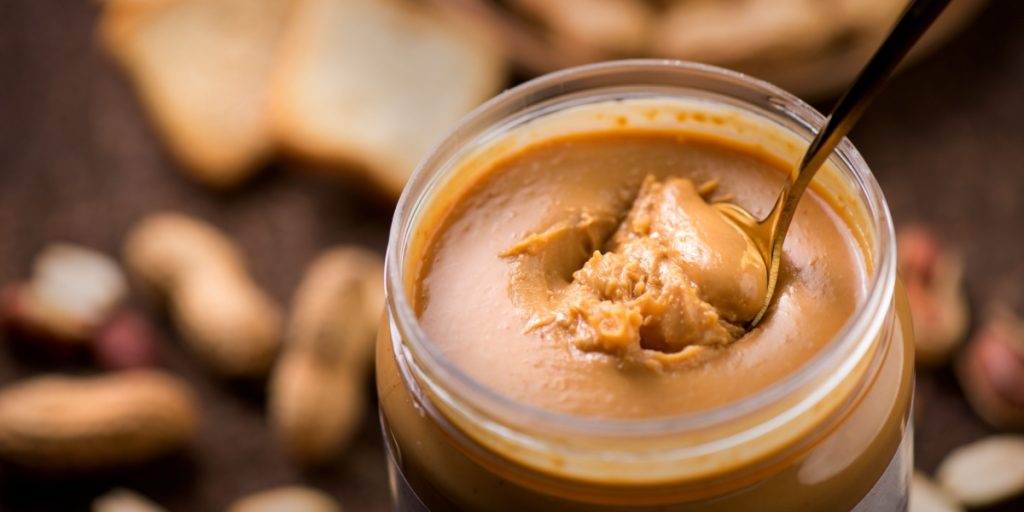Scientists may have found a way to treat severe peanut allergies—one tiny dose at a time.
Others are reading now
A new clinical study conducted by researchers at King’s College London has shown promising results for treating severe peanut allergies in adults, raising hopes for a future treatment that could reduce life-threatening reactions.
The study involved participants aged 18 to 40 with confirmed severe peanut allergies. Under close medical supervision, they received gradually increasing doses of peanut flour mixed with food.
The treatment, known as oral immunotherapy, began with extremely small amounts—less than one-thousandth of a peanut—and was scaled up over time.
After several weeks, many participants were able to tolerate the equivalent of two to four peanuts without experiencing serious allergic reactions.
Also read
“This approach has been explored in children before, but this is the first time it has been systematically tested on adults with severe allergies,” said Professor Stephen Till, who led the research. “The results are very promising.”
The treatment protocol included:
- Initial doses under 1 mg of peanut flour
- Increases every 14 days
- Gradual progression to 50 mg–1 g (2–4 peanuts)
- Transition to real peanut products
- Ongoing daily maintenance intake
Participants reported a significant change in their relationship with food. What had previously caused fear and emergency hospital visits became manageable. Many described the experience not just as medical progress, but as a regained sense of normalcy.
Despite the positive findings, experts stressed that the therapy should only be conducted under professional supervision and is not suitable for self-administration.
Further research is expected to determine long-term safety and effectiveness.
The study findings were first reported by the BBC.

